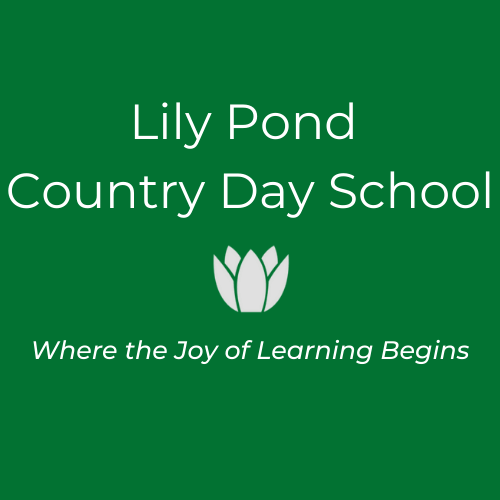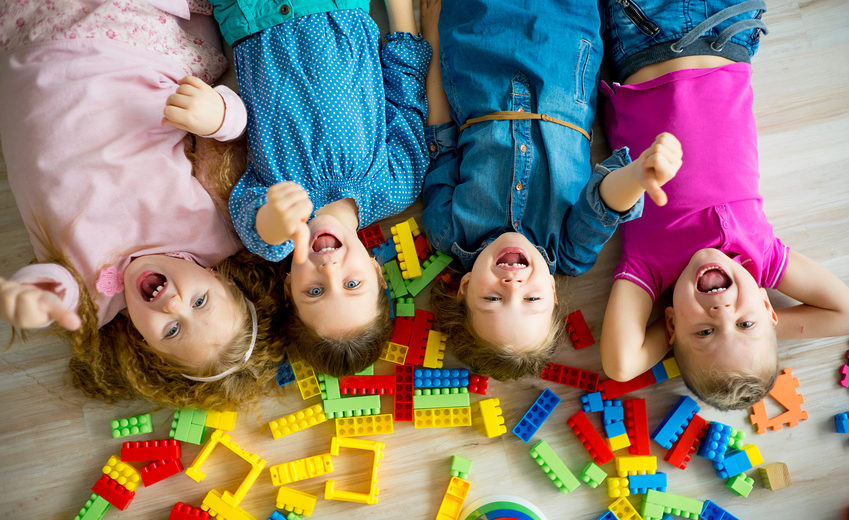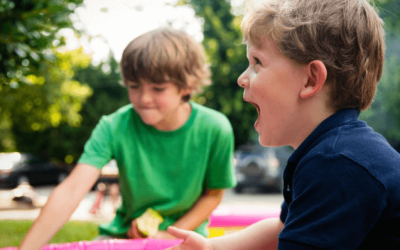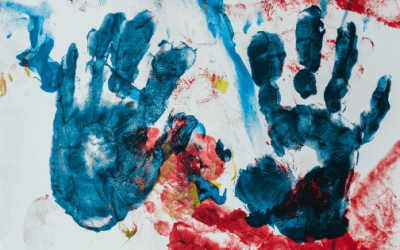Around 87% of five-year-olds in the U.S. were enrolled in pre-primary programs like preschool in 2015. When it comes time to decide on a type of child care for young children, parents understandably want to know more about the preschool options that are available to them. Many families are surprised by the amount of variety they’ll find in preschool program philosophies. Choosing a good preschool program often comes down to whether that program’s philosophy lines up with your own as a parent. In today’s post, we’ll discuss some of the most common preschool program philosophies you’ll come across in hopes that this knowledge will provide help with finding the right preschool to fit your family’s needs.
Montessori
This program takes a developmental approach to learning. It’s geared towards the development of students’ life skills, academic abilities, personal characters, and natural senses. There’s an emphasis on hands-on learning, creativity, and nature, which is accompanied by gentle guidance from teachers who have degrees in early childhood and Montessori certifications. Because of the focus on children as individual learners with responsibilities for themselves and their personal belongings, this philosophy appeals to those who want to foster strong leadership skills and a sense of independence in their children. However, it may not be the right fit for children who require a more structured schedule or extra guidance in the classroom.
Waldorf
Preschools that embrace the Waldorf philosophy value consistent routines, outdoor time, creativity, and long-lasting relationships between students and teachers. Activities like dramatic play, storytelling, singing and music, and cooking are commonly found in Waldorf philosophy environments, as there’s an emphasis on emotional and intellectual development. It’s a good blend of predictability and creativity. Notably, Waldorf programs do not embrace media in the classroom (meaning there’s no use of computers or other electronics at school) — an idea that might appeal to parents who worry about their children becoming too dependent on technology at an early age. These programs don’t involve traditional academia either, so you will not find any homework or tests (or even desks!) in these classrooms. Instead, you’ll encounter a more home-like atmosphere and a focus on the development of students’ natural abilities.
Reggio Emilia
If you want a student-led experience that focuses on learning through art without a restrictive curriculum, this may be your favorite option when researching child care for young children. Unlike other types of philosophies, there’s no one set curriculum here; Reggio Emilia is more of an educational theory than a specific classroom method. It’s all about students learning from their mistakes and taking on projects that reflect their unique interests. Teachers will encourage students to find out the answers to their questions together, rather than providing them with distinct solutions. They’ll also document students’ activities for parents to review during the year.
HighScope
The HighScope philosophy centers around an idea referred to as active participatory learning. While hands-on experiences take place, this type of program actually prioritizes academic skill development over the exploration of emotional and social development. Although this philosophy was originally created to address challenges that at-risk children in urban environments face, it’s also a good choice for children who require more personalized attention. In addition to preschool classrooms, this type of learning philosophy may be found in community-based programs your child may enjoy outside of school.
Bank Street
The Bank Street philosophy, which is fairly similar to play-based learning, uses active and hands-on experiences (such as puzzles, dramatic play, art, and more) to help children grow physically, mentally, emotionally, and socially. The use of imagination is encouraged, as are lessons in social sciences and culture. Children are considered to be active learners, while the world is seen as the most important teaching tool that exists. This unstructured environment may not be the best choice for all children, but those who show an early affinity for exploration and artistry may thrive in this type of classroom.
Of course, this is by no means an exhaustive list of the possibilities for child care for young children that you’ll encounter. In fact, many facilities that offer child care for young children will combine aspects of different philosophies to provide a more well-rounded curriculum. To find out more about our philosophy, curriculum, or schedule, please contact us today.




